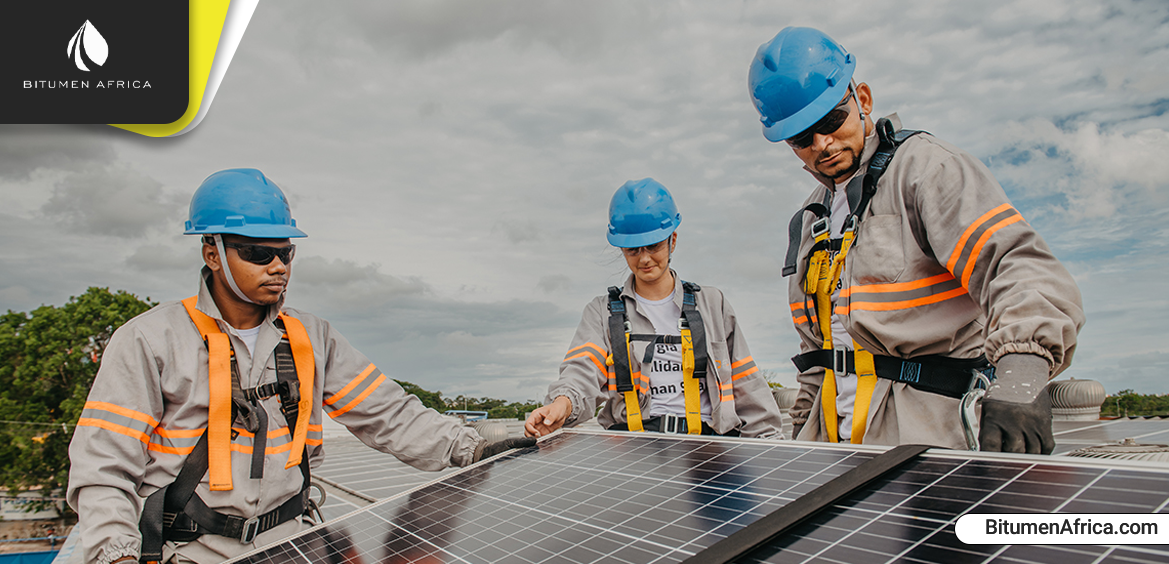For years, energy workers in the fossil fuel sector have faced uncertainty as countries invest heavily in renewable energy to reduce dependence on oil, gas, and coal. While traditional energy jobs are declining, workers’ skills and experience could be redirected to the renewable energy industry if governments implement effective just transition policies. According to the EU and the International Labour Organization (ILO), a just transition ensures decent work, social protection, training opportunities, and job security for all workers affected by climate change policies.
Globally, around 67.5 million people work in the energy sector, with nearly equal distribution between fossil fuels and renewables. The ILO’s Just Transition Guidelines, first published in 2015 and reinforced in 2023, provide measures such as labor market policies, skills development, occupational safety, and social protection to support workers during this shift. Regions heavily dependent on fossil fuels, such as Southeast Asia and India, have begun investing in large-scale renewable energy projects and supporting frameworks like the ASEAN Plan of Action for Energy Cooperation (APAEC) and the Just Energy Transition Partnership (JETP).
Despite these efforts, challenges remain. Fossil fuel lobbies, insufficient funding, and political resistance slow down implementation, while workers transitioning to renewables sometimes face safety risks and low wages. For example, some solar farm employees in India earn as little as $3.2 a day and face hazards like snake bites and electric shocks. In Europe, initiatives like the EU’s COALition project aim to manage the transition in coal regions, ensuring regional cooperation and minimizing economic disruption for affected workers.
The success of a just transition depends on how effectively governments implement these frameworks. By upskilling fossil fuel workers and integrating them into the renewable energy sector, countries can reduce unemployment, lower training costs, and support a sustainable shift toward a green economy. While approaches vary globally, collaborative models that include workers, policymakers, and businesses offer the best chance to achieve an inclusive and fair energy transition.

